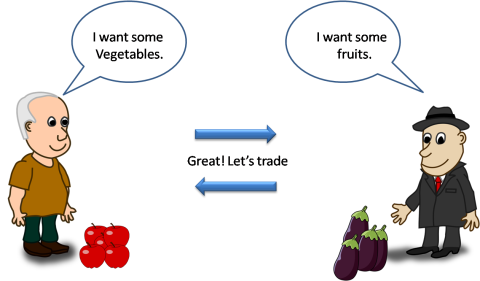SELCO: The Harsh Reality of Barter and Trade in an SHTF Economy

by Selco
If you don't know Selco, he survived a year in Bosnia when his city was blockaded. You can learn more about it in his book, found here. Supplies were not allowed in or out, and residents were left without utilities and services.
This interview is in his own words and originally appeared in 2018. With times as they are in 2023, it's an important topic to revisit.
How quickly did people turn to barter once your city was locked down?
It was a matter of a few weeks.
Actually, for ordinary folks, it was a matter of few weeks because we did not get the new reality right at the beginning of everything.
Later when I remembered that period, I realized that even right at the beginning of SHTF there were people who did not want to take money for goods. They asked for valuables like gold, jewelry, or weapon for goods that they had.
Some of them were smart enough to realize that money was gonna become worthless really soon, and even gold and jewelry were only good in the first period, and then only if you had a connection to outside world to exchange it for something useful.
Ordinary folks needed few weeks. It was a process that went from buying goods with money, then buying goods from people who still wanted to take money (at outrages prices) to the moment when money was worthless, and only goods for goods were accepted.
It was rare, but sometimes you could find someone who would sell you something for foreign money but at the 20-50 times bigger prices.
For example if pack of cigarettes cost around 1,50 German Mark (outside of the war region) we could buy that pack for 40 German Marks.
US dollar and Canadian dollar had even worse value.
Obviously, people would accept that money had connection to the outside world, and some of them ended up as millionaires because of that.
Same ratio was for precious metals and jewelery.
For small and quick trades, the usual currency were cigarettes, because of the percentage of people that smoked.
Even values were expressed often like “Oh, that’s worth 10 cigarettes.” In other situations it was ammunition-bullets.



























